The origins of modern tourism
Tourism today is a multi-trillion-dollar industry, but its roots stretch back thousands of years. From the wanderlust of ancient explorers to the modern-day globetrotter, the journey of tourism is a fascinating tale of innovation and adventure.
Over time, travel has evolved from a necessity for trade and conquest to a leisure activity driven by curiosity and cultural exchange. As we trace the journey of modern tourism, we uncover how historical milestones have shaped the way we explore the world today.
The Dawn of Travel: Ancient Civilizations on the Move

Long before the conveniences of modern transport, ancient civilizations like the Egyptians and Romans embarked on journeys across vast distances. The Romans, for example, built an extensive network of roads stretching over 250,000 miles to facilitate trade and military movements.
Meanwhile, the Silk Road connected China with the Mediterranean, allowing for the exchange of goods and cultures. These early travelers laid the groundwork for the interconnected world we know today, driven by the desire to explore and learn from distant lands.
The Grand Tour: A 17th-Century Rite of Passage
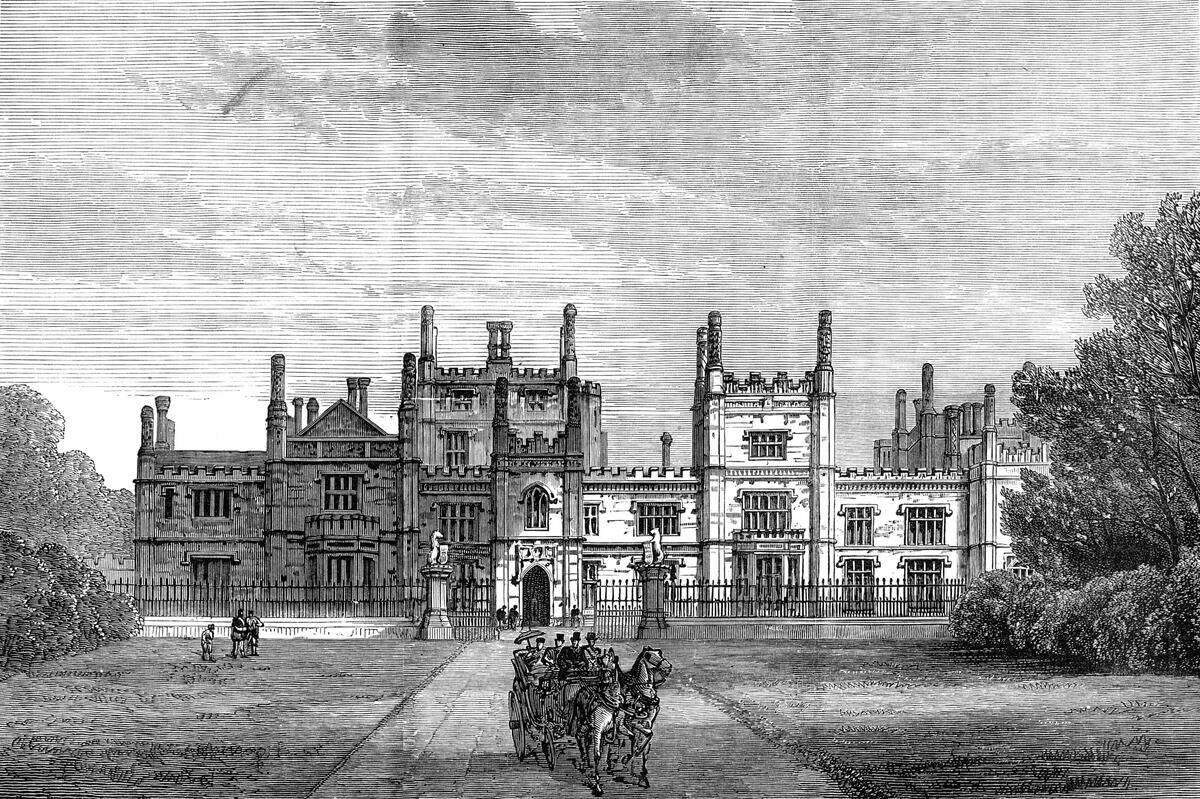
In the 17th century, the Grand Tour became a rite of passage for young European aristocrats. This educational journey across Europe, often lasting several years, aimed to expose them to the art, culture, and history of classical antiquity. Italy, with its wealth of ancient ruins and Renaissance art, was a key destination.
The Grand Tour helped foster a deep appreciation for cultural heritage and set the stage for the development of tourism as a pursuit of personal growth and enrichment.
Industrial Revolution: The Catalyst for Mass Travel

The Industrial Revolution of the 19th century was a turning point for travel, making it more accessible to the masses. Innovations like the steam engine revolutionized transportation, reducing travel time and costs significantly.
Railways expanded rapidly, connecting cities and towns and opening up new destinations for leisure and business. This era marked the beginning of mass tourism, as people from different social classes could now afford to explore beyond their local communities, broadening their horizons.
Thomas Cook: The Pioneer of Package Holidays

Thomas Cook is often credited as the father of modern tourism for his role in creating the first package holidays. In 1841, he organized a rail excursion for a temperance group, marking the first publicly advertised excursion train.
Cook’s innovative idea expanded to include tours across Europe, providing travelers with a hassle-free way to explore new places. His pioneering efforts laid the foundation for today’s travel industry, where package holidays offer convenience and affordability to millions worldwide.
The Birth of the Travel Agency: Making Travel Accessible
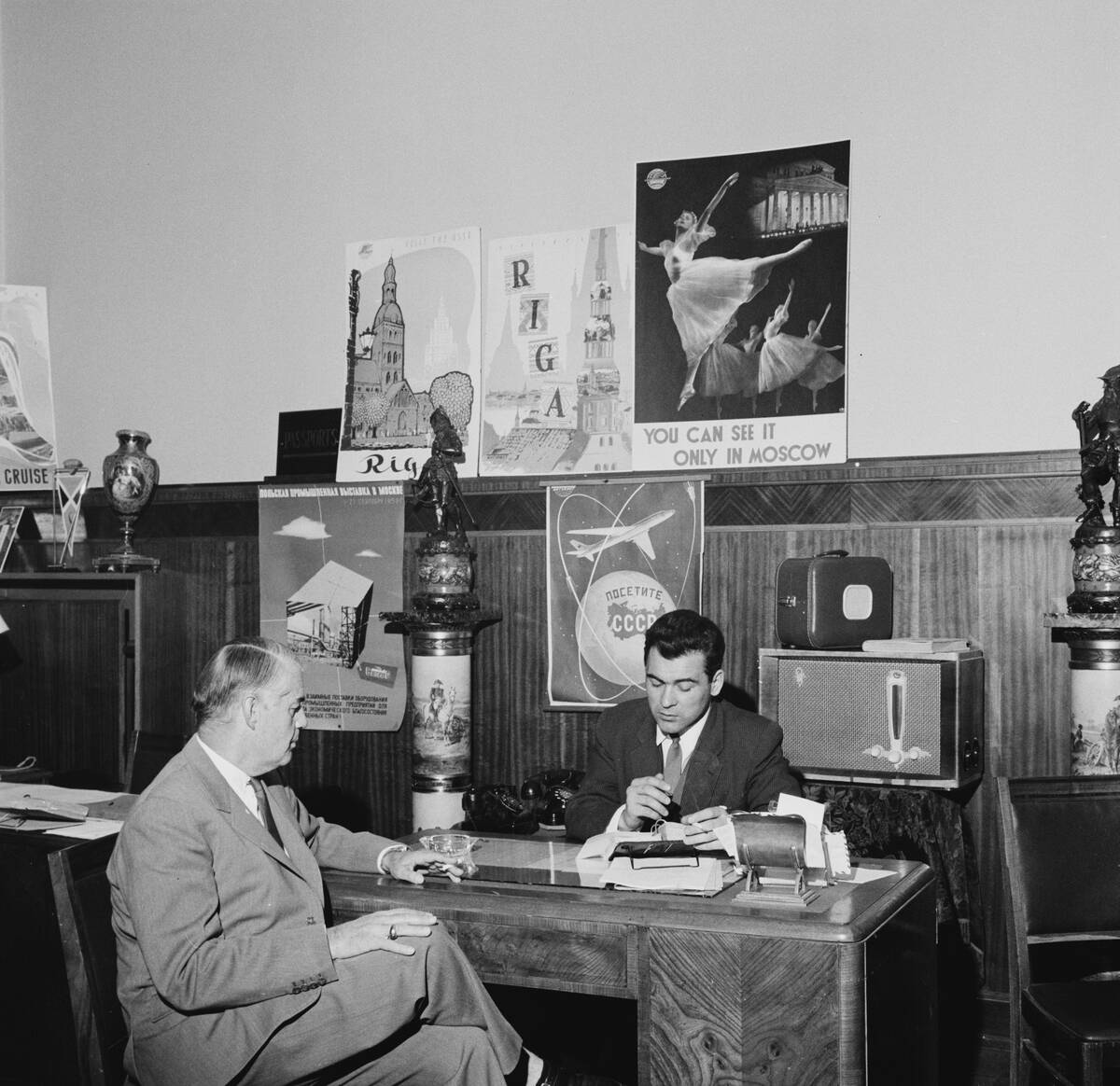
The establishment of travel agencies in the 19th century transformed the tourism landscape, making it easier for people to plan their trips. Agencies like Thomas Cook & Son offered services such as booking transportation, accommodations, and guided tours.
This innovation democratized travel, allowing individuals who might have been daunted by the complexities of travel logistics to embark on adventures with confidence. Travel agencies played a crucial role in popularizing tourism, bridging the gap between travelers and destinations.
The Rise of Railways: Connecting Destinations
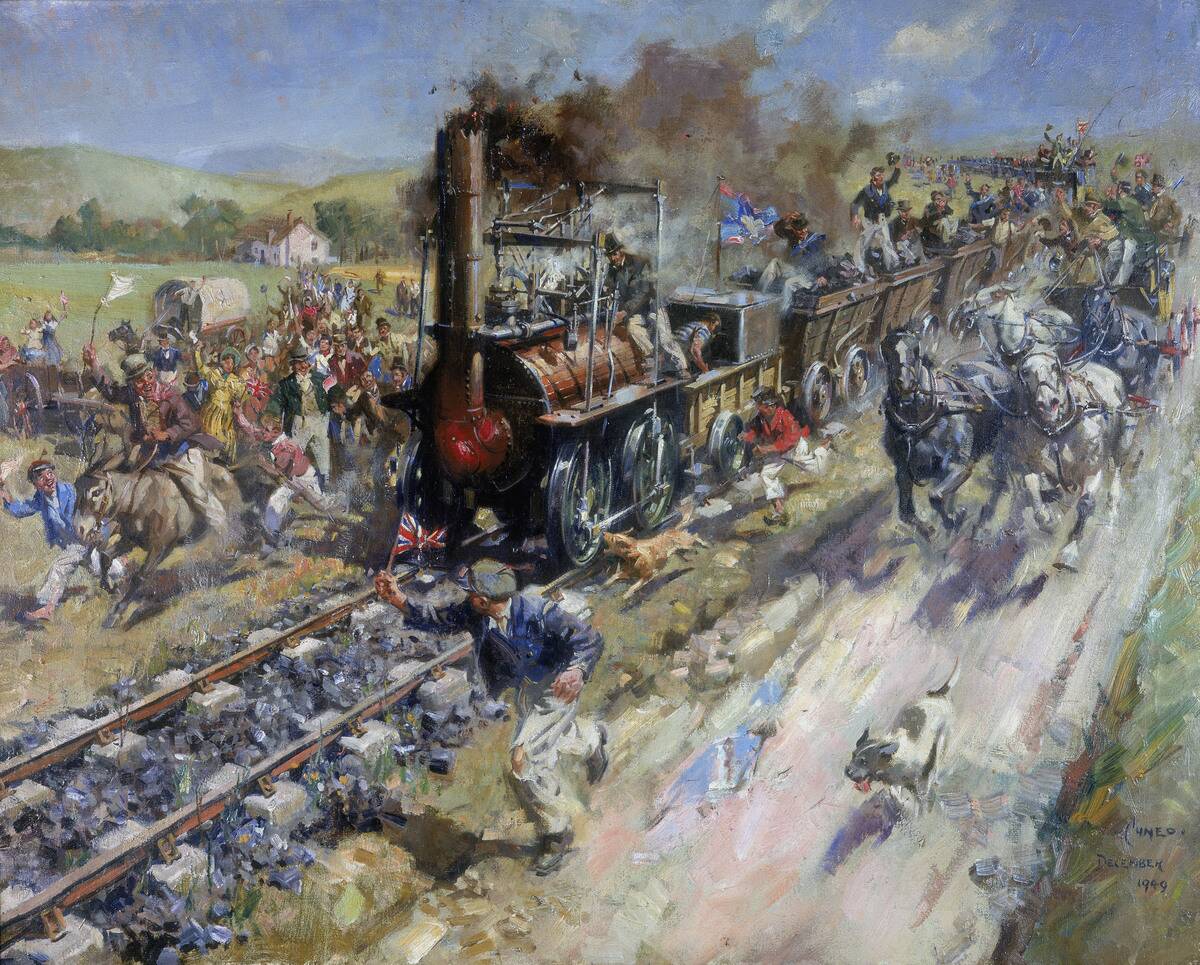
Railways were instrumental in shaping the modern tourism industry by connecting remote destinations and making travel faster and more efficient. The opening of the Liverpool and Manchester Railway in 1830 marked the beginning of a new era of train travel.
By the late 19th century, railway networks had spread across Europe and North America, enabling people to travel long distances for leisure and business. Trains became a symbol of freedom and adventure, paving the way for the tourism boom of the 20th century.
Steamships and Ocean Liners: Crossing Continents in Style
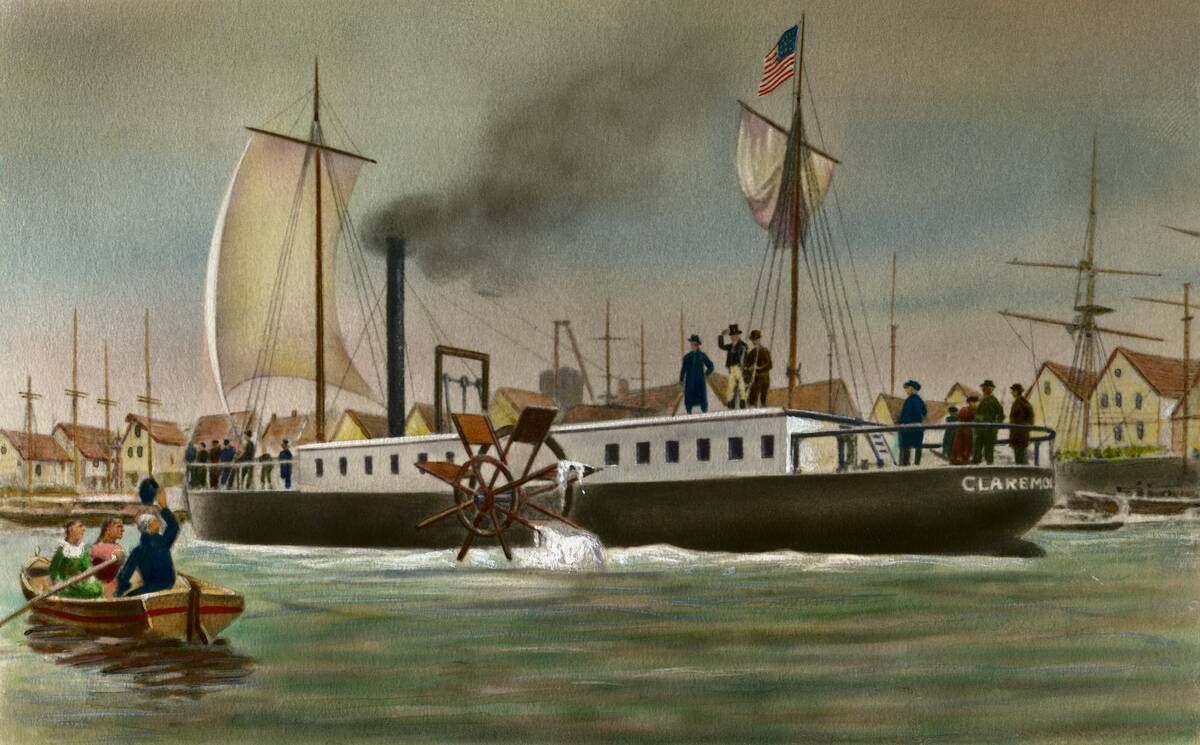
The advent of steamships and ocean liners in the 19th and early 20th centuries revolutionized long-distance travel. Steamships cut travel time across the Atlantic from weeks to just days, making intercontinental travel more feasible and appealing.
Iconic liners like the RMS Titanic and the RMS Queen Mary became synonymous with luxury and glamour, offering passengers a taste of opulence while they crossed the seas. This period marked a golden age of travel, as people journeyed across continents in style and comfort.
The Advent of Commercial Aviation: Taking to the Skies
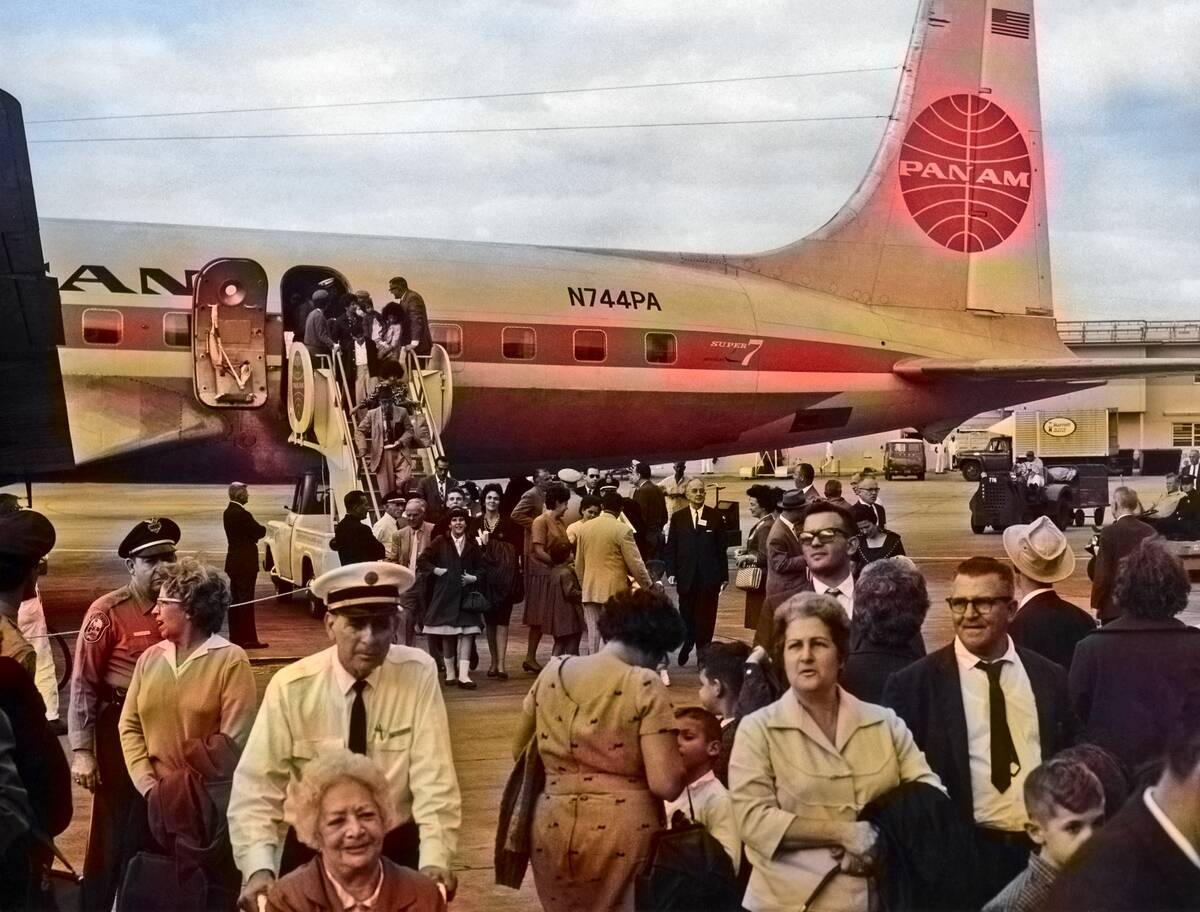
The introduction of commercial aviation in the 20th century transformed how we travel, shrinking the world and making distant destinations more accessible than ever. The first scheduled commercial flight took off in 1914, and by the mid-20th century, air travel had become the preferred mode of transport for long-distance journeys.
The jet age of the 1950s and 60s brought about faster, more efficient travel, allowing people to explore the world with unprecedented ease and speed.
Post-War Prosperity: The Boom of Leisure Travel

After World War II, a period of economic prosperity led to a surge in leisure travel. The growth of the middle class and increased disposable income fueled a desire to explore new destinations.
Travel became a symbol of status and freedom, with popular destinations like the French Riviera and the Caribbean attracting tourists from around the globe. This era also saw the rise of the package holiday, as travel companies offered all-inclusive trips, making vacations more accessible to a wider audience.
The Role of Travel Guides: From Baedeker to Lonely Planet
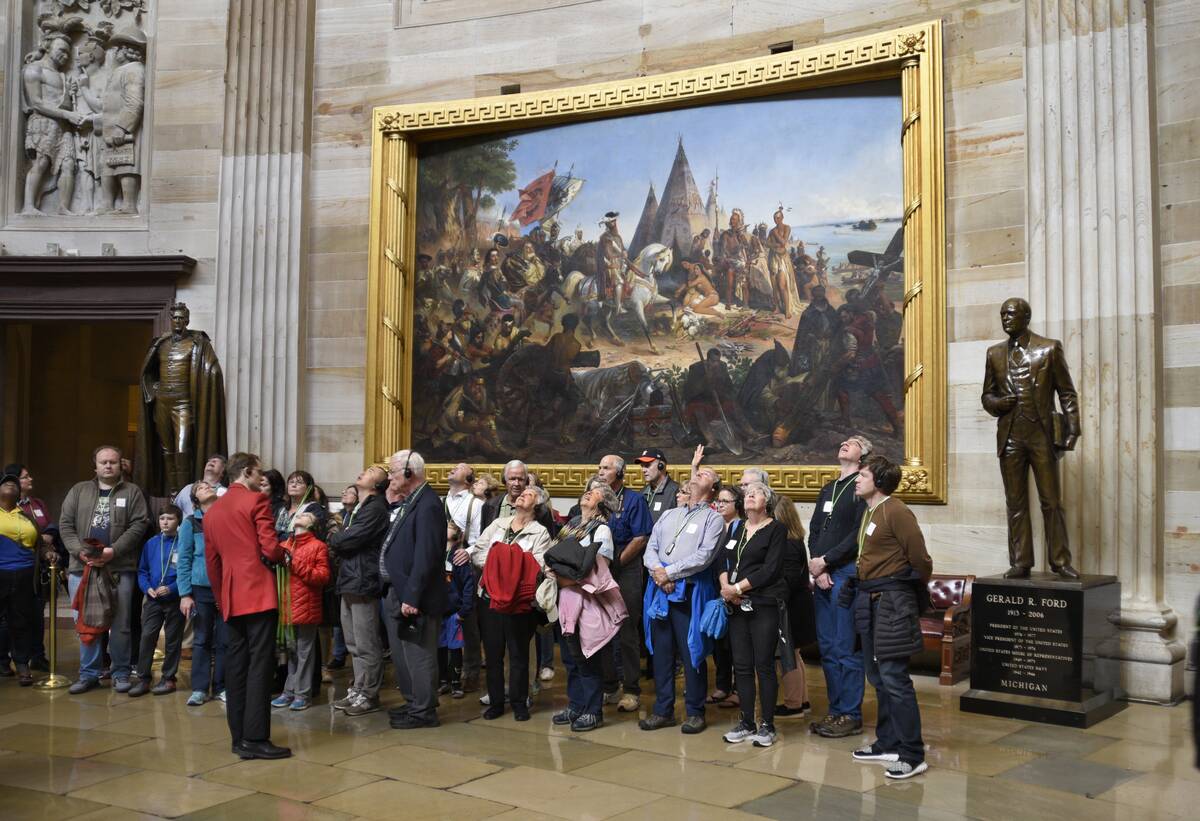
Travel guides have played a pivotal role in shaping how people explore new destinations. Karl Baedeker’s guidebooks, first published in the 19th century, set the standard with detailed information on European cities and landmarks.
In the 1970s, Lonely Planet revolutionized travel with its backpacker-friendly guides, offering practical tips and insights for budget travelers. These guides empower travelers with the knowledge to navigate unfamiliar places, fostering a sense of adventure and discovery.
The Influence of Hollywood: Travel as Glamour and Adventure

Hollywood has long been a powerful influence on travel, shaping perceptions of destinations and inspiring wanderlust. Classic films like ‘Roman Holiday’ and ‘North by Northwest’ showcased the allure of European cities and American landscapes, enticing audiences to visit these iconic locations.
The glamour and excitement depicted on screen turned travel into an aspirational pursuit, as viewers sought to recreate the cinematic experiences they admired. Hollywood continues to inspire travelers, highlighting the magic and adventure of exploring the world.
The Backpacker Phenomenon: Exploring on a Shoestring

The backpacker movement gained momentum in the late 20th century, as young travelers sought to explore the world on a budget. Inspired by the counterculture of the 1960s and 70s, backpackers embraced a more adventurous, independent style of travel.
Destinations like Southeast Asia and South America became hotspots for those seeking authentic experiences, often off the beaten path. The backpacker ethos of minimalism and cultural immersion has influenced travel trends, encouraging a more sustainable and meaningful approach to exploration.
The Digital Revolution: How the Internet Transformed Travel

The digital revolution has dramatically transformed the travel industry, making it easier than ever to plan and book trips. The rise of online travel agencies like Expedia and Booking.com provided travelers with access to a wealth of information and options at their fingertips.
Social media platforms and travel blogs offer real-time insights and recommendations, helping people discover new destinations and experiences. The internet has democratized travel, empowering individuals to become their own travel agents and explore the world with confidence.
The Rise of Eco-Tourism: Traveling Responsibly
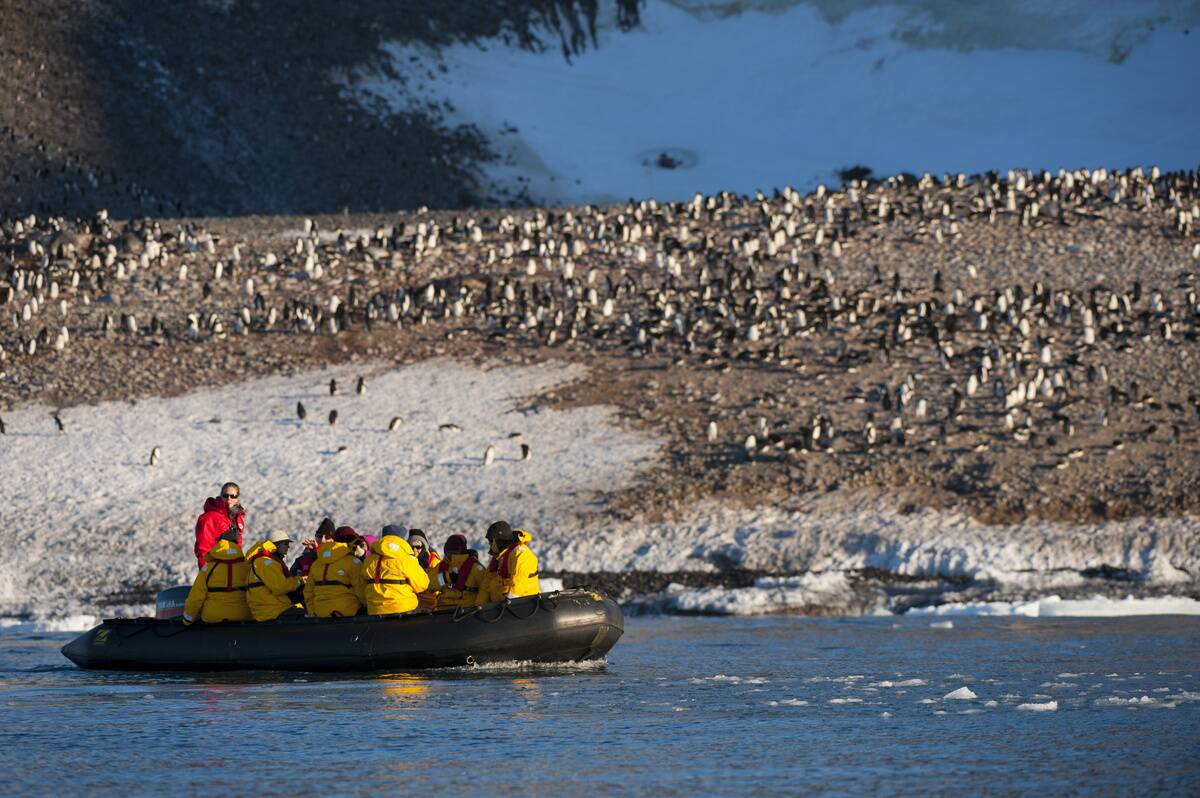
As awareness of environmental issues grows, eco-tourism has emerged as a popular trend, promoting sustainable travel practices. Eco-tourism focuses on minimizing the negative impact of tourism on local ecosystems and communities, while fostering conservation efforts.
Destinations like Costa Rica and New Zealand have become leaders in eco-tourism, offering travelers the chance to explore pristine natural environments responsibly. This movement encourages travelers to make mindful choices, supporting local economies and preserving the planet for future generations.
The Impact of Social Media: Sharing Journeys in Real-Time
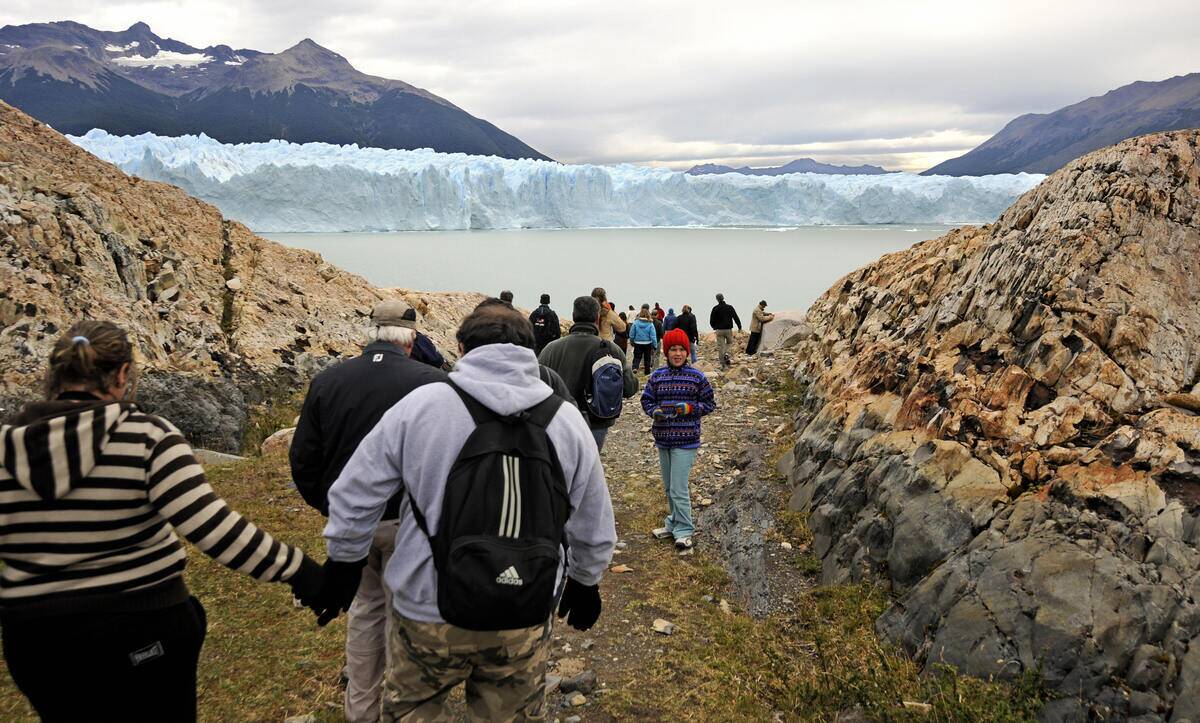
Social media has revolutionized the way we share our travel experiences, allowing us to connect with others in real-time. Platforms like Instagram and Facebook enable travelers to document their journeys, showcasing stunning landscapes and cultural encounters to a global audience.
This instant sharing has created a new form of travel inspiration, as people seek out destinations popularized by social media influencers. While this trend has boosted tourism in many areas, it also highlights the need for responsible sharing to prevent over-tourism.
The Evolution of Accommodation: From Hotels to Airbnb

The accommodation landscape has evolved significantly, offering travelers more choices than ever. Traditional hotels, once the mainstay of travel lodging, now compete with innovative options like Airbnb.
Founded in 2008, Airbnb revolutionized the industry by allowing people to rent out their homes or spare rooms to travelers seeking unique and personalized experiences. This shift has expanded the definition of hospitality, providing travelers with the opportunity to live like locals and explore neighborhoods beyond the typical tourist hotspots.
The Modern Traveler: Seeking Authentic Experiences
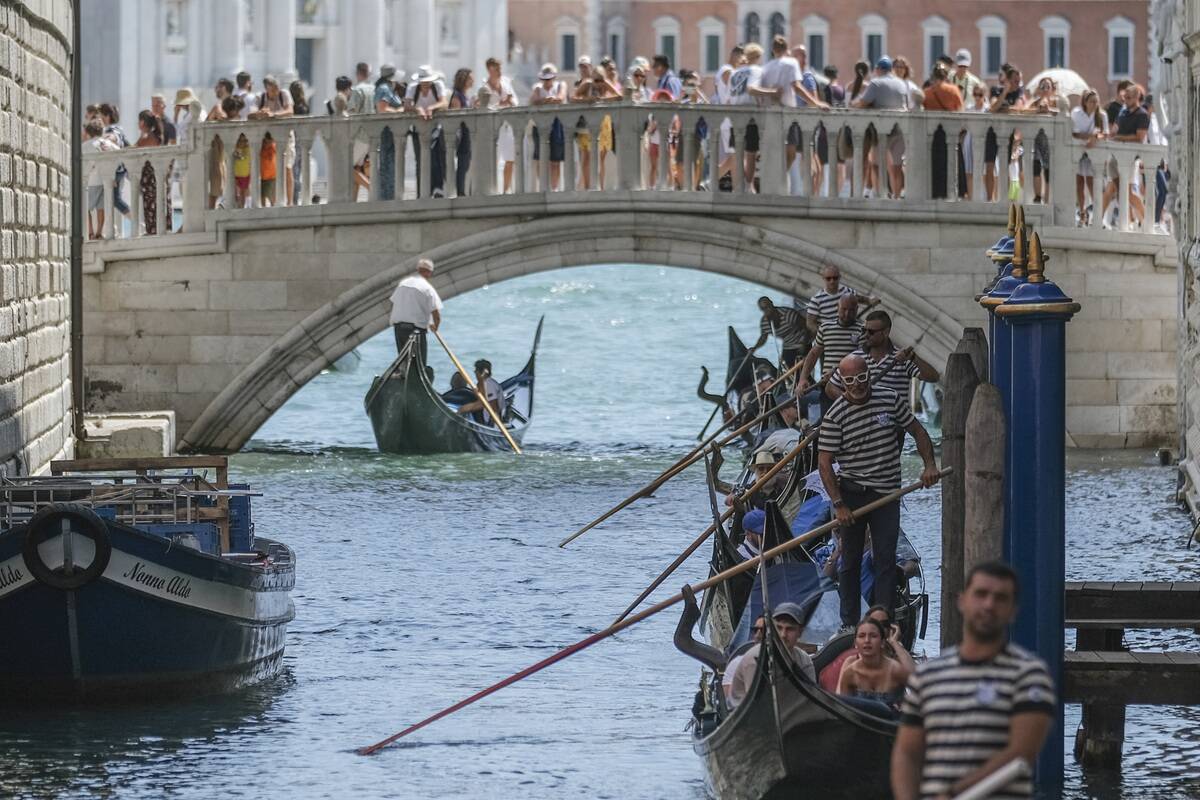
Today’s travelers are increasingly seeking authentic experiences that go beyond traditional sightseeing. This shift is driven by a desire to connect with local cultures, cuisines, and communities, fostering genuine interactions and understanding. Travelers are opting for immersive experiences like cooking classes, homestays, and volunteer opportunities, allowing them to engage with destinations on a deeper level.
This trend reflects a broader move towards meaningful travel, where the focus is on personal growth and cultural exchange rather than simply ticking off a checklist of attractions.
The Role of Government and Policy in Shaping Tourism
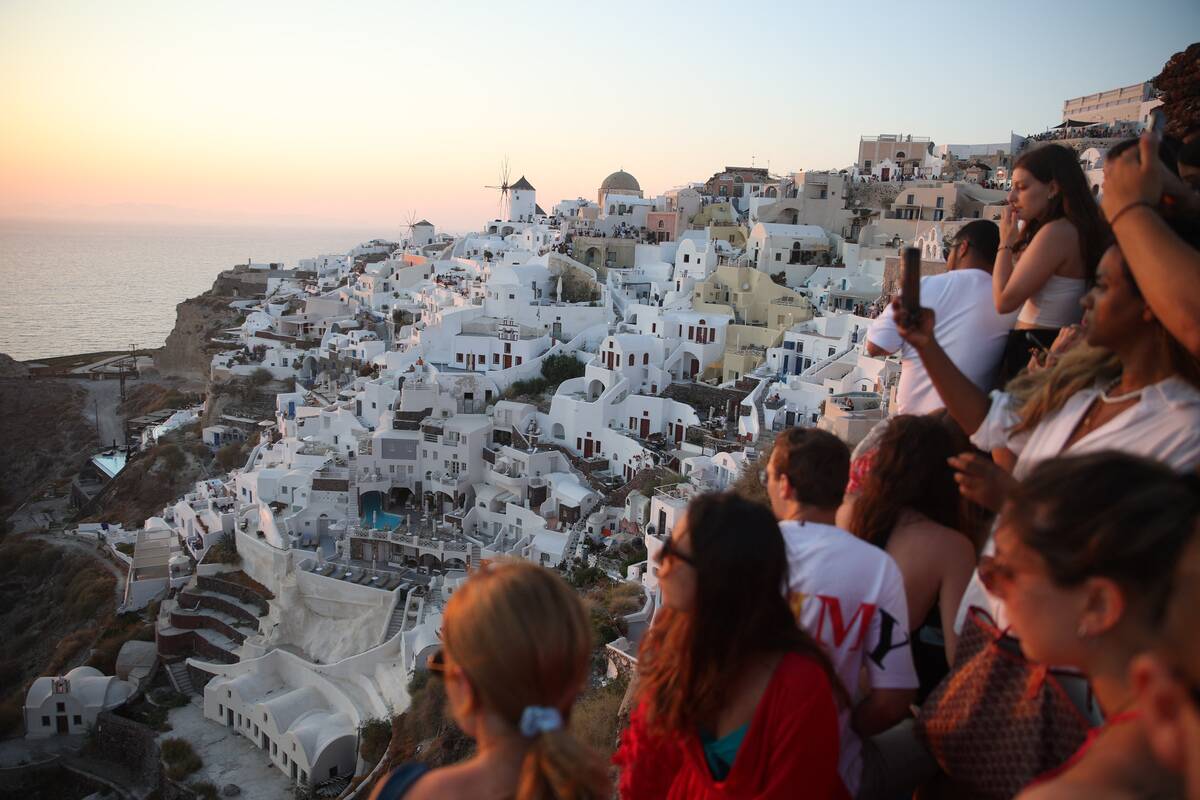
Governments and policy makers play a crucial role in shaping the tourism industry, influencing everything from infrastructure development to marketing strategies. Policies aimed at promoting tourism can boost local economies, create jobs, and foster cultural exchange. However, managing tourism responsibly requires balancing growth with sustainability, ensuring that destinations can accommodate visitors without compromising their natural and cultural heritage.
Governments around the world are increasingly recognizing the importance of sustainable tourism practices, implementing measures to protect their assets for future generations.
The Future of Tourism: Trends and Predictions
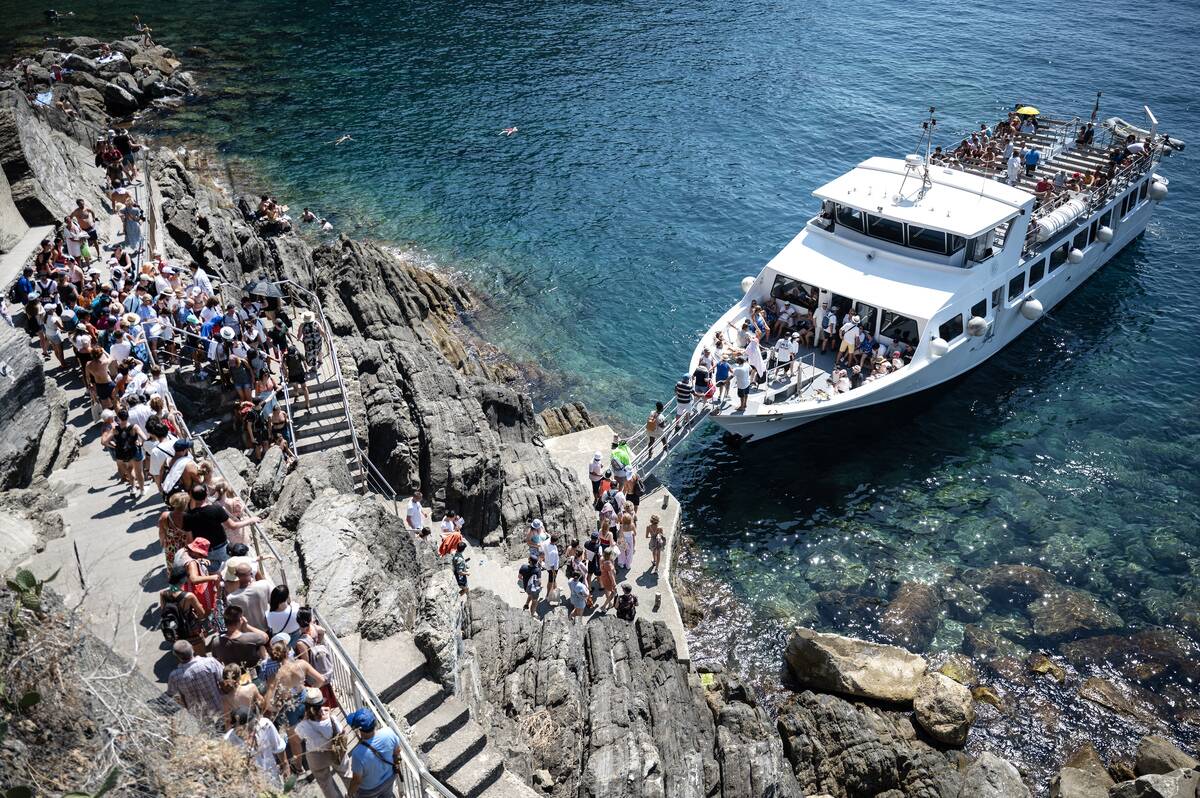
As we look to the future, several key trends are expected to shape the tourism industry. Technology will continue to play a significant role, with advancements in virtual reality and artificial intelligence enhancing the travel experience. Sustainable tourism practices will become increasingly important, as travelers seek to minimize their environmental impact.
The demand for personalized, authentic experiences is likely to grow, with travelers seeking deeper connections to the places they visit. The future of tourism promises to be dynamic and exciting, as the industry adapts to changing consumer preferences and global challenges.



